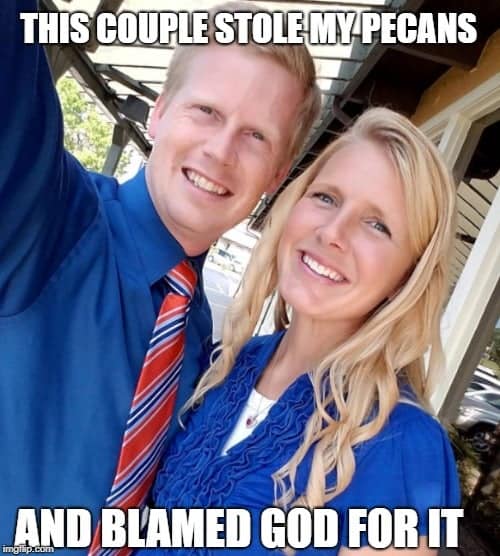It’s funny just how much religion permeated every inch of my life growing up. Evangelicalism and fundamentalism don’t just involve abstract beliefs, but are actually cultures with their own phrases, activities, and icons. Bible club, church camp, “quiet time,” jean skirts…it’s all encompassing. Growing up evangelical or fundamentalist, every single little bit of your life is affected by your family and church’s religious beliefs. There are even dialects – jean skirts are more typical of fundamentalists, contemporary Christian rock is more an evangelical thing, and Pentecostalism has oddities all of its own.
If you grow up in one culture and move into another – say, moving from the United States to France, or from India to the U.S. – it will take you a while to adjust. There will be changes in language, clothing, customs, holidays, even figures of speech. The same is true for those like me who grew up evangelical or fundamentalist and are now a part of what you might call mainstream American culture. Sure, it’s often not the same scale – the language differences don’t involve, well, the entire language, for instance – but there are a surprising amount of similarities.
I still use little turns of phrase that are distinctly evangelical, even without meaning to. I have to remain on the fringes of conversations when they involve things I never experienced or can’t understand, like public high school or attending rock concerts as a teen. I shake my head, clueless regarding simple cultural references. I use TV shows like Gilmore Girls or Glee to gain cultural knowledge, and sometimes feel like a foreigner trying to integrate into a new culture.
It’s been some years now, and everything is much easier than it used to be. But like a person who as a young adult moves from the United States to France, or from India to the U.S., there will always be differences. And you know what? That’s okay. I have grown more and more to accept this about myself, and thinking of it like a foreigner learning a new culture helps. I’ll always be different in some ways. But then, there’s nothing wrong with being a little different.
And you know what else? I think that maintaining some of the original culture can be okay. My background will always affect who I am and what I value. And there are little lessons that will stick with me even as I set aside others. One example is Colossians 4:6 – “Let your conversation be always full of grace, seasoned with salt, so that you may know how to answer everyone.” I memorized this verse as a child (along with many others!) and even as may verses I learned have left me, this one hasn’t. And you know what? I like it the sentiment. I find it applicable and helpful. I’m keeping it. And that’s okay.
I’ve heard of second generation immigrants attempting to integrate themselves into the mainstream culture to the extent that they put aside all of their original culture in an almost reactionary sort of way. Now obviously, in going from the evangelical culture to mainstream culture, I’ve done a lot of this. I’ve set aside the beliefs I was taught about sexuality and purity, about heaven, hell, and God, about disciplining children, about the role of women and the structure of marriage, about the origins of the earth and providential history. But I have to remember that I can question and throw out and reorganize things without having to completely throw it all out. To bring the analogy back in, I’ve heard of second generation immigrants realizing after a time that integrating into mainstream culture doesn’t have to mean throwing away everything they were before, or everything they knew growing up.
Having the freedom to choose my own beliefs and what’s important to me and my own values means just that – I get to choose them for myself, not out of a reactionary attempt to simply throw off everything I learned growing up but rather in a conscious effort to sort through and make my own decisions. Reacting against my upbringing by dogmatically throwing all of it out and never considering if there’s anything still worth keeping would in a sense be allowing my upbringing to continue to control me. And I don’t have to let it to do that.
No one can tell me what I can and can’t believe. There is something blissfully freeing about that.













